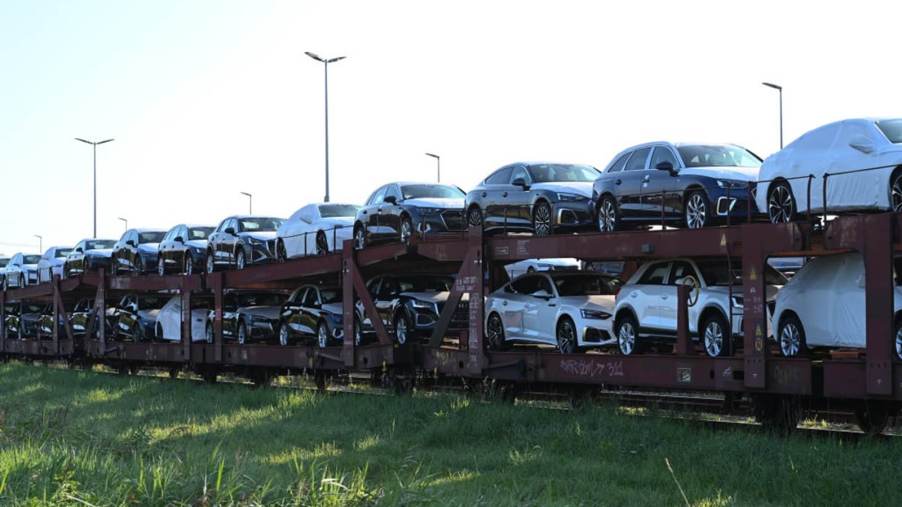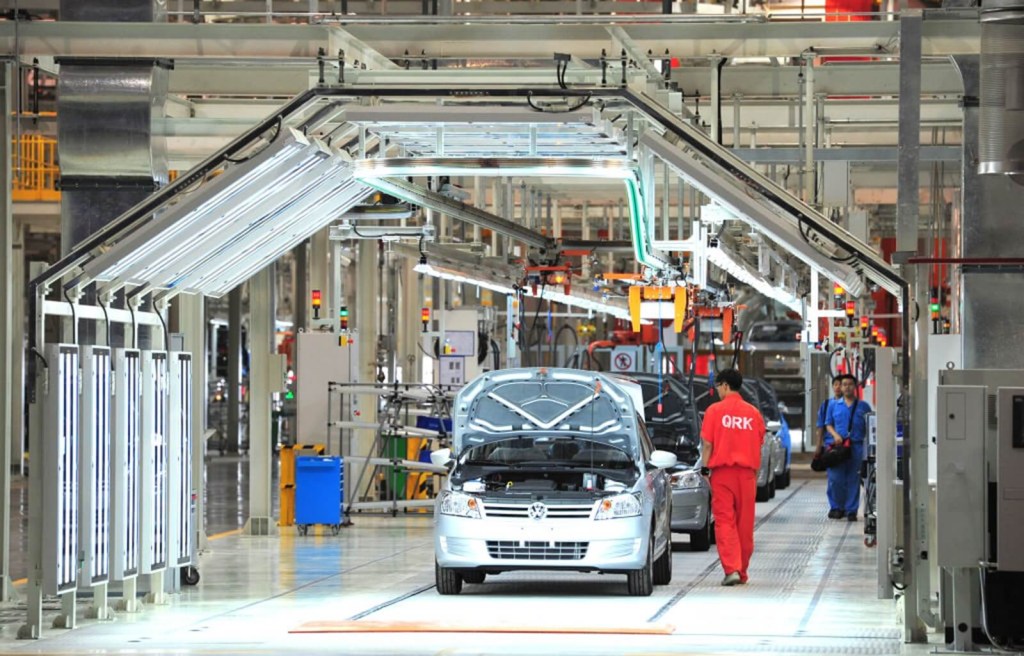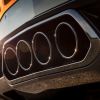
Volkswagen Group Cars Held Amid China Slave Labor Allegations
Volkswagen cars bound for the United States won’t be making it to American buyers. However, the culprit isn’t a faulty component or the like. No, this time, alleged human rights violations spelled disaster for shipments of VW-owned subsidiary cars like Audis, Porsches, and Bentleys. The common factor? The Volkswagen Group vehicles have components from China that could have a problematic origin, namely slave labor.
Thousands of Volkswagens, Porsches, Audis, and Bentleys stopped in their tracks after allegations of Chinese slave labor
Shipments of Audi, Porsche, and Bentley cars are being held in-port. Tragically, the reason for the action surrounds allegations of forced labor in Xinjiang, a region in Western China. The region is home to much of China’s Uyghur Muslim population, and the Chinese Communist Party (CCP) has been subject to international scrutiny over its labor practices in the area.
Unfortunately for fans of Volkswagen cars and its subsidiaries, the group’s subsidiary cars may feature an electrical component with forced labor origins, per the Financial Times. As a result, there are thousands of Audis, and Porsches in limbo. Additionally, U.S. ports are holding hundreds of luxury Bentley models amid the allegations.

Since the news surrounding the held vehicles initially broke, a spokesperson at Volkswagen told MotorBiscuit that Volkswagen cars weren’t directly affected. “We promptly notified authorities as soon as we learned of the issue from our supplier and held the vehicles in port. We have begun to replace the unit containing the relevant component and are making shipments of conforming vehicles to our dealers.” However, the representative would not clarify further after we asked for details.
However, it’s not just questionable components. Volkswagen is exploring its regional partnership options with SAIC, a Chinese auto giant. Unfortunately, SAIC operates in a morally ambiguous territory as well. For instance, the German publication Handelsblatt (Commerce Paper in English) reported that the Chinese manufacturer constructed its massive Turpan test track in the country’s hottest region.
Photos suggest that the region’s Uyghur Muslims built the track under forced labor conditions and in paramilitary garb. Moreover, the region’s temperatures make it a hazardous environment for strenuous labor.
The news of the held vehicles is akin to nails on a chalkboard for the brand’s fans. However, human rights violations are a serious thing that major manufacturers have to consider when sourcing parts.





